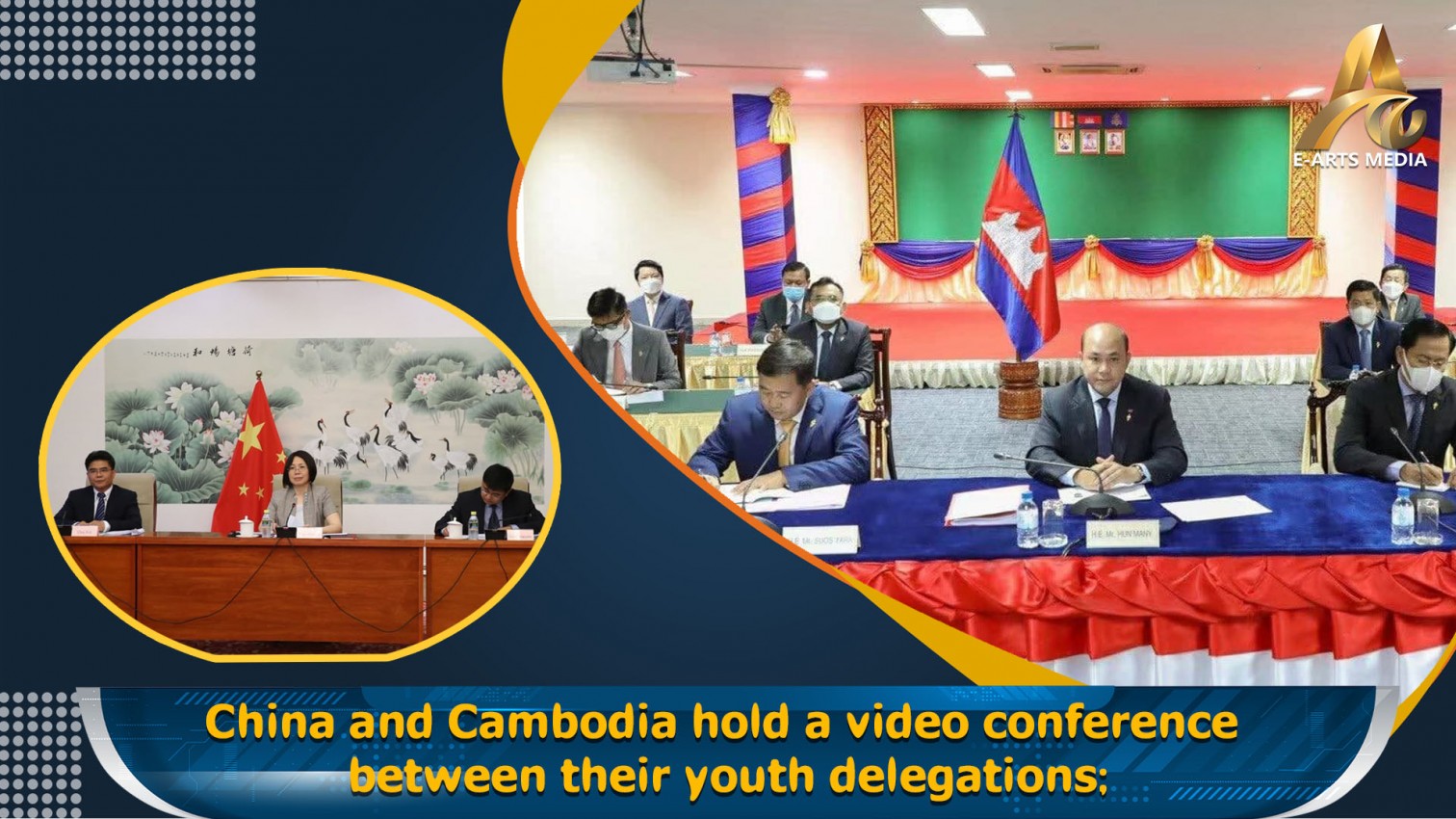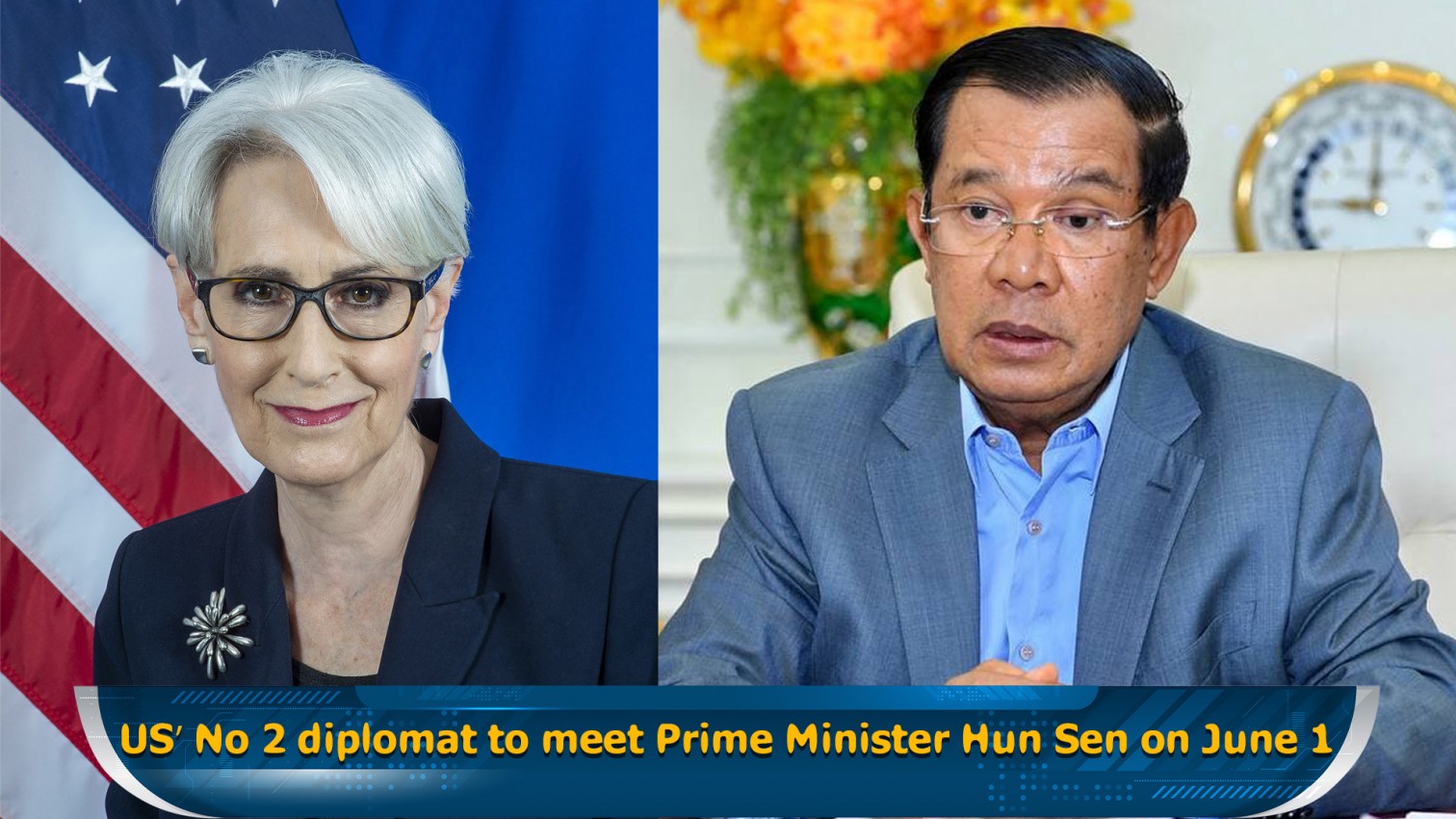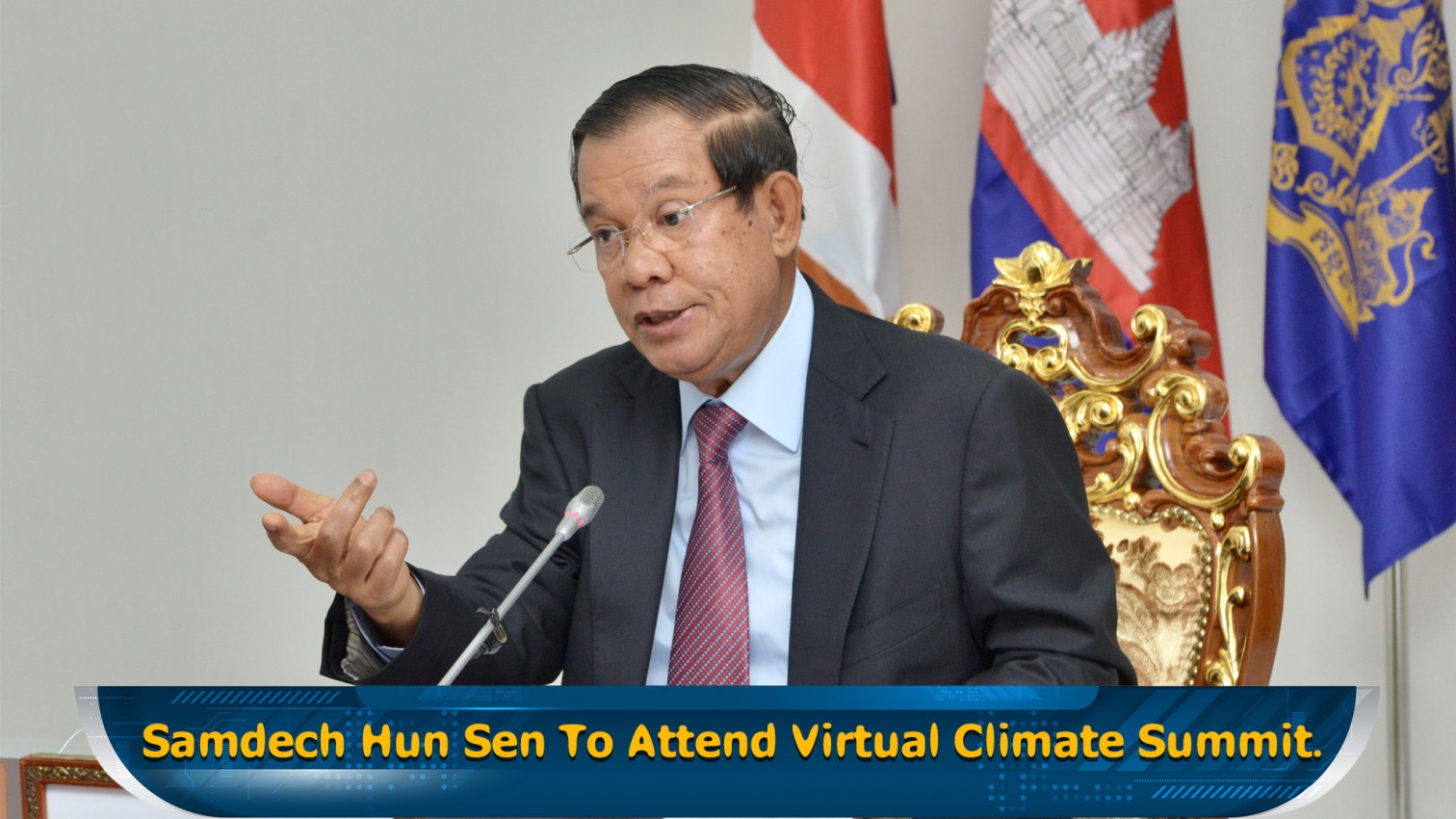KANDAL: During what he said could be his final speech as prime minister, interim Prime Minister Hun Sen made another statement linking opposition parties to violating a new election law, which bans individuals and parties found guilty of discouraging voters from running in future elections. In typical fashion he did not specify names or parties, but it was clear he was referring to the current investigation into the Candlelight Party’s links to citizens who protested the election by crossing out their ballots on July 23. If the investigation finds the party is connected to the 440,000 spoiled ballots, the major opposition party could be banned from running candidates in elections for an indeterminate amount of years, essentially dissolving the party.
“I am not threatening anyone, but this 2023 election is really an election between pro-democracy voters and destroyers of democracy," he said while speaking at the inauguration of a Phnom Penh bypass on August 3.
He stated that the authorities had collected all the evidence from a Telegram called Sbai, where members shared photos of their ballots crossed out in protest of the election. The PM has called for over 40 individuals, many of whom have already been arrested, to come forward and confess. They are being charged under a new law that was passed just before the election which criminalizes discouraging others from voting. The current government has concluded that the Telegram group’s actions fall under this category and its members now face fines and having their voting rights stripped away for at least five years. Parties found guilty of the same offence will also be fined under the new law in addition to being forbidden from running in future elections.
Before the new law was officially passed, Prime Minister Hun Sen publicly stated that he proposed the law as a response to opposition members (mostly those living abroad) encouraging people to cross out their ballots in protest of the Candlelight Party being barred from joining this year’s election based on a technicality. An investigation is now underway to determine whether the Candlelight Party can be connected to the actions of the Telegram group. The PM warned that if his government’s investigation shows a link, the party could be dissolved.
"Shouldn’t a political party know its members?" said the PM. “We have accepted some confessions. Some of them have been fined by the NEC. Some of them are still being sought by the authorities. "
The first people to be arrested under the new law were Candlelight Party members Ly Ry and Bun Kate, who were accused of inciting people not to vote ahead of the elections by instructing them to invalidate their ballots. Few details on their activities were given, but the Prime Minster soon published an apology video from Bun Kate saying that he was acting on the orders of former opposition leader Sam Rainsy, one of PM Hun Sen’s greatest rivals.
The Candlelight Party released a statement condemning the arrests as a threat and called for their release. "The Candlelight Party calls on the authorities to release Ly Ry and Bun Kate so that they can reunite with their families and continue their political activities with the Candlelight Party," the letter said.
The Prime Minister accused the Candlelight Party of hypocrisy for saying it respected state laws, yet had members breaking the law on the orders of Sam Rainsy. The Candlelight Party has continually rejected ties to Sam Rainsy, who has lived in France since 2015. However, it seems that the Prime Minister does not accept their disclaimer.
"Will the Candlelight Party take responsibility for this?" he asked after posting Bun Kate’s confession.
The Candlelight Party drama has been a focal point of domestic dissenters and international watchdogs who say that this year’s election was not conducted in the spirit of democracy. The US, the European Union and Australia did not even send observers to the July 23 election which they considered “neither free nor fair.” A statement from the US embassy on their decision not to send observers said that it was deeply troubled by the “Contrived legal actions, threats, harassment, and politically motivated criminal charges targeting opposition parties.” Following the election, the US announced visa restrictions on those who “undermine democracy” and a suspension of certain aid programs.
The Royal Government, however, said that the election was “a true reflection of Cambodia's democratic maturity with its exceptional voter participation and its election's legitimacy as attested by the diversity of the national and international observer teams.” Over 400 observers representing countries like Russia, China, Pakistan and Guinea-Bissau came for Election Day and none reported anything amiss in the election process.
The Cambodian National Rescue Party, led by Sam Rainsy, was the last major opposition party to be dissolved in 2017, ahead of the 2018 elections. The Candlelight Party is the only well-established and popular opposition party left, with many of the 18 parties on this year’s ballot having only been founded in the last eight years. The National Election Committee’s investigation of this year’s spoiled ballots and their links to the Candlelight Party will play a pivotal role in the immediate future of Cambodian politics as a new prime minister takes over on August 22.






































